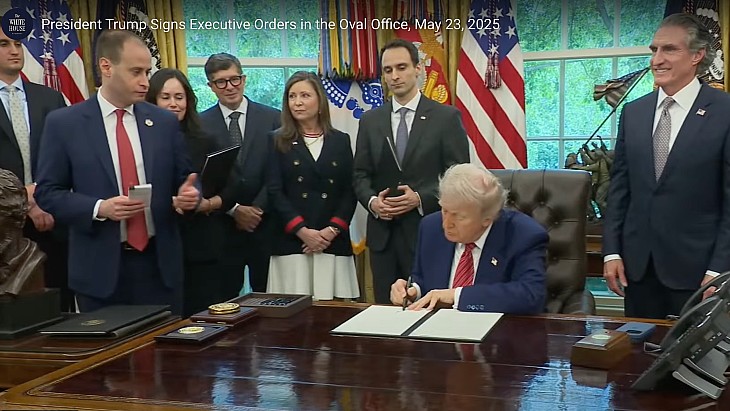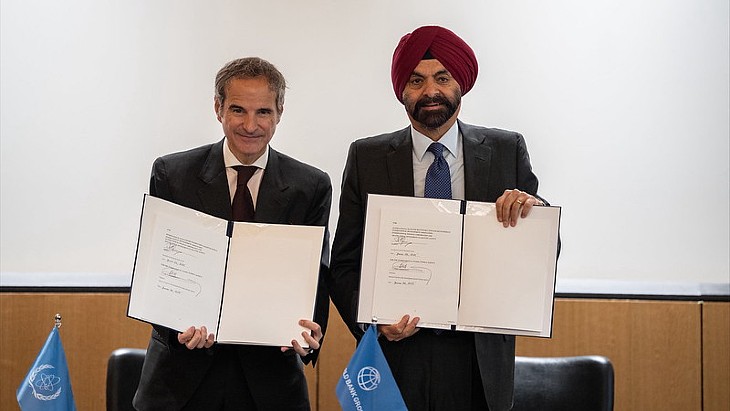Puerto Rico to begin nuclear feasibility study
.jpg)
The Nuclear Alternative Project (NAP), founded in 2016 by Puerto Rican engineers in the US nuclear industry to inform and advocate for SMRs and microreactors in Puerto Rico, proposed the study to the DOE Office of Nuclear Energy, to evaluate the economic, safety and social impact of deploying microreactors and SMRs for the island. It has announced it will officially begin the study on 8 October, having now receved receipt of a "notice to proceed" from the US DOE's Idaho National Laboratory.
"It's been quite a journey up to this moment - connecting with communities in Puerto Rico to understand needs and aspirations, engaging with policy makers and leadership, gathering support from the US nuclear industry, and mobilising Puerto Rican engineers with a desire to transform the island's energy infrastructure," NAP said.
According to Morning Consult, the project team, which is led by NAP and consisting primarily of lawyers and consultants in the energy sector, is to receive USD820,000 toward the first phase of the study, which is to be completed by 18 December. The group had initially planned to perform the feasibility study in a single phase over a nine-month period, NAP's community impact and engagement consultant Jesabel Rivera said. The first phase of the study will inform the final piece of the study next year. Rivera said the final part would explore further specifics related to site characteristics and the management and logistics of a nuclear project on the island.
Puerto Rico - officially, Commonwealth of Puerto Rico - is an unincorporated territory of the USA and is located in the northeastern Caribbean. Its legislature in 2018 passed a bill calling for an investigation into the possibility of building nuclear power plants on the island which suffered widespread outages following Hurricane Maria in 2017.
NAP's proposal for a feasibility study to evaluate the economic, safety and social impact of deploying microreactors and SMRs for Puerto Rico aims to provide energy stakeholders with "timely and reliable information". A broad spectrum of stakeholders would benefit from this study, the organisation says, including, municipal, state and federal government entities, electric utilities, investors, university and research facilities, developers, and grassroots communities.
Island territories around the world are the most vulnerable to climate change but typically rely heavily on fossil fuels for baseload generation, NAP says. Advanced nuclear reactors can offer not only a route to decarbonisation for such territories but also economic and land-use benefits, alongside resilience against extreme natural events.
As well as Puerto Rico's energy and resilience needs, the project participants will study potential local applications of small modular reactors and microreactors, the island's legal and regulatory background and how such a project would be financed.
Paul Murphy, managing director of Murphy Energy & Infrastructure Consulting LLC and a member of NAP’s advisory board, said advanced nuclear reactors could be a viable long-term solution to meet Puerto Rico’s needs in an island environment, which poses unique issues of suitability, durability and grid size. "Blanketing" the island, which depends on tourism, with wind and solar energy would be untenable, he added. "Windmills and solar panels don’t do well in hurricanes," Murphy said. "Nuclear plants actually do."











